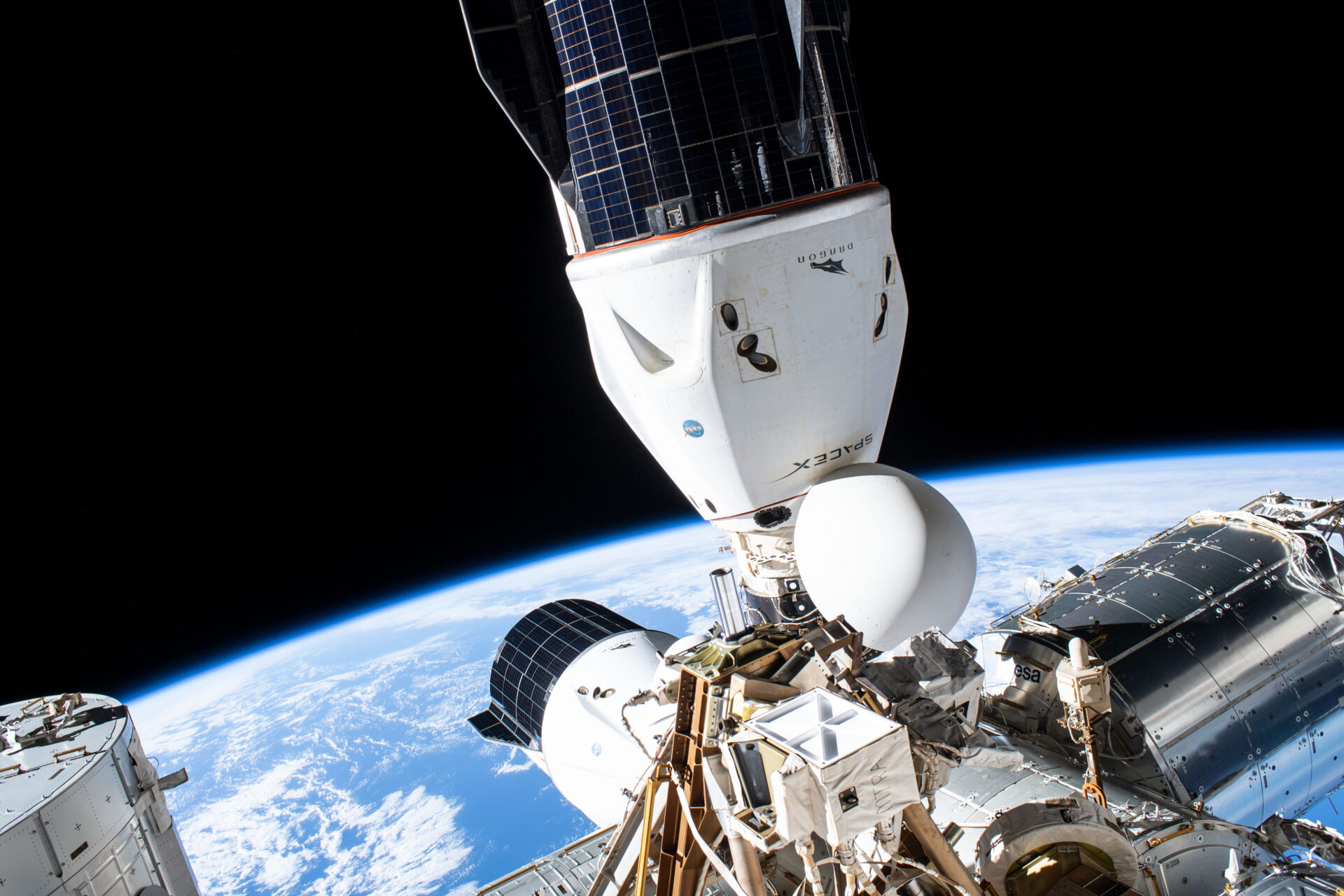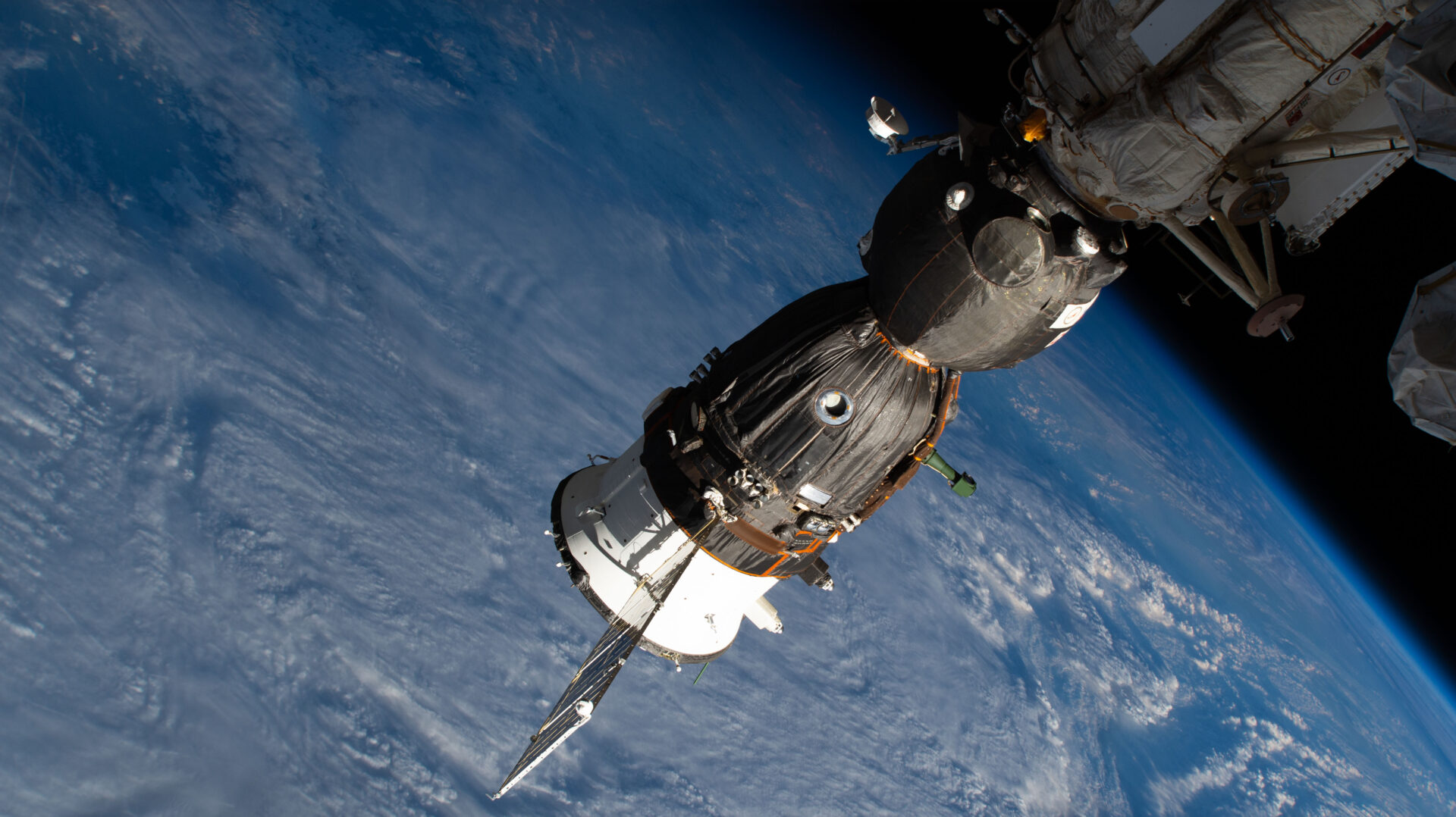The Roscosmos Space Agency has denied a report that a NASA astronaut will be rescued by the SpaceX Dragon spacecraft. Currently, two cosmonauts from Russia, Sergei Prokopyev and Dmitry Petelin, and one NASA astronaut, Frank Rubio, are trapped on the ISS due to a coolant leak due to damage to the body of the Soyuz MS-22 spacecraft. This spacecraft was supposed to return the trio to Earth, but due to damage, the mission was in jeopardy.

On December 30, NASA announced that it had asked SpaceX to help return the stranded crew and asked to use one Dragon capsule in case of an emergency. Then there was unverified information that the damaged Soyuz TS-22 would return to Earth without a crew, while the Soyuz TS-23 spacecraft would be sent to the ISS in February with one pilot on board, who would pick up two astronauts. According to this plan, Rubio was supposed to return by transport from SpaceX.
But, according to RussianSpaceWeb, Roscosmos rejected the plan to return Rubio aboard the Dragon capsule. The Space Agency promises to return three astronauts aboard the next Soyuz MS-23 capsule. Eric Berger of Ars Technica later confirmed this report. The final decision on the rescue will be announced by the head of the Russian space agency this week.
Outbreak of tension
SpaceX’s spacecraft allowed the United States and NASA to significantly reduce their dependence on outdated Russian-made Soyuz capsules, which they used exclusively to deliver astronauts into space after the Space Shuttle decommissioned in 2011.

In addition, tensions between the two countries have reached the highest level due to Russia’s invasion of Ukraine. These actions led to the fact that the international space community refused future cooperation with the aggressor country.
Earlier, we reported on how the world reacted to the news that Russia was abandoning the ISS.
According to Futurism
Follow us on Twitter to get the most interesting space news in time
https://twitter.com/ust_magazine

